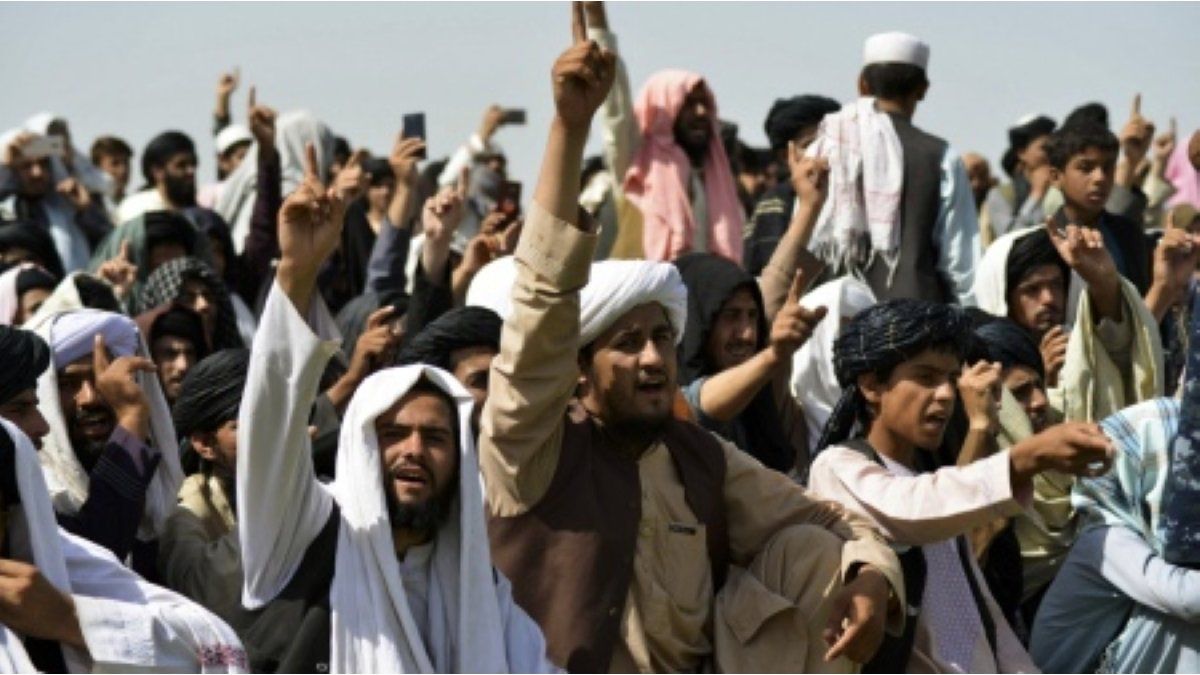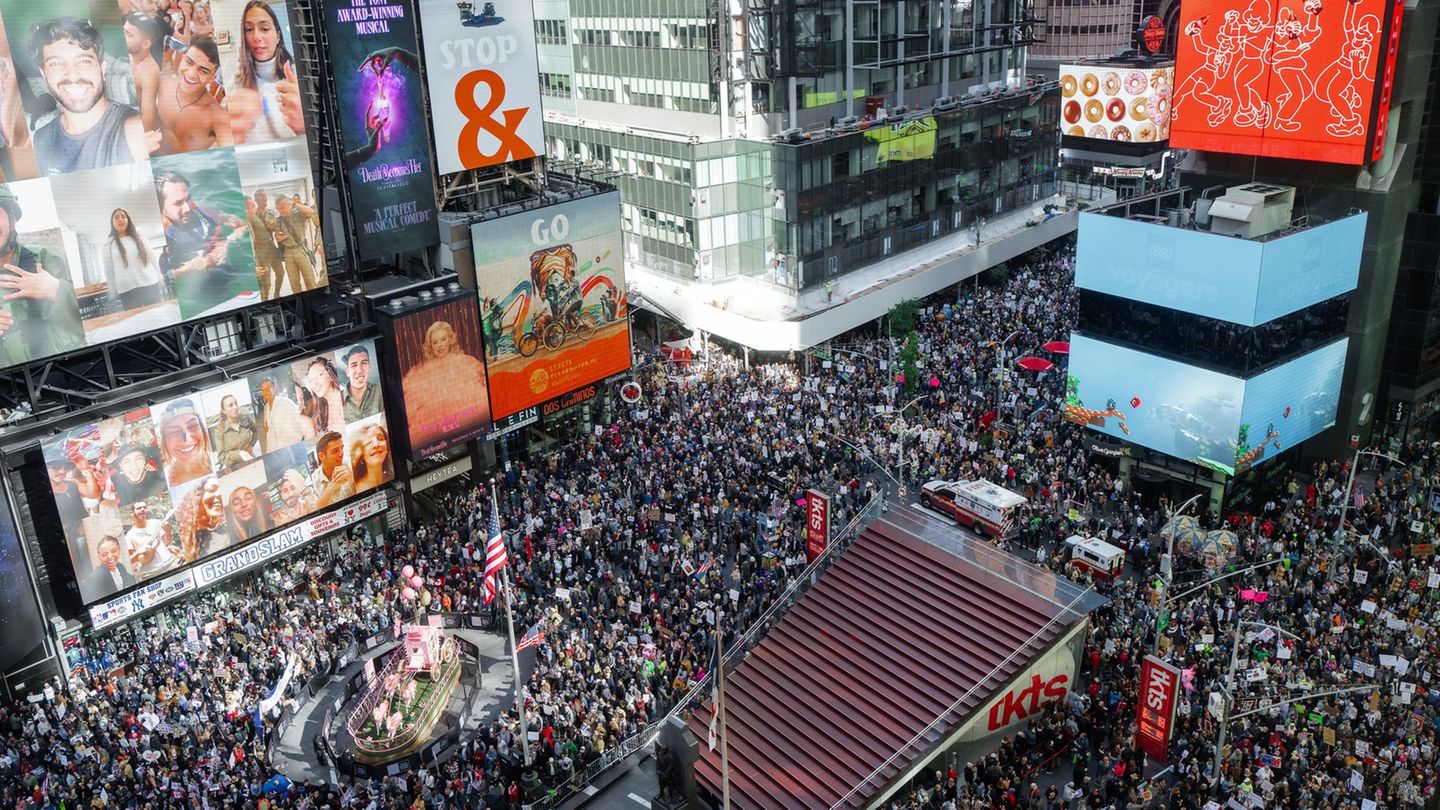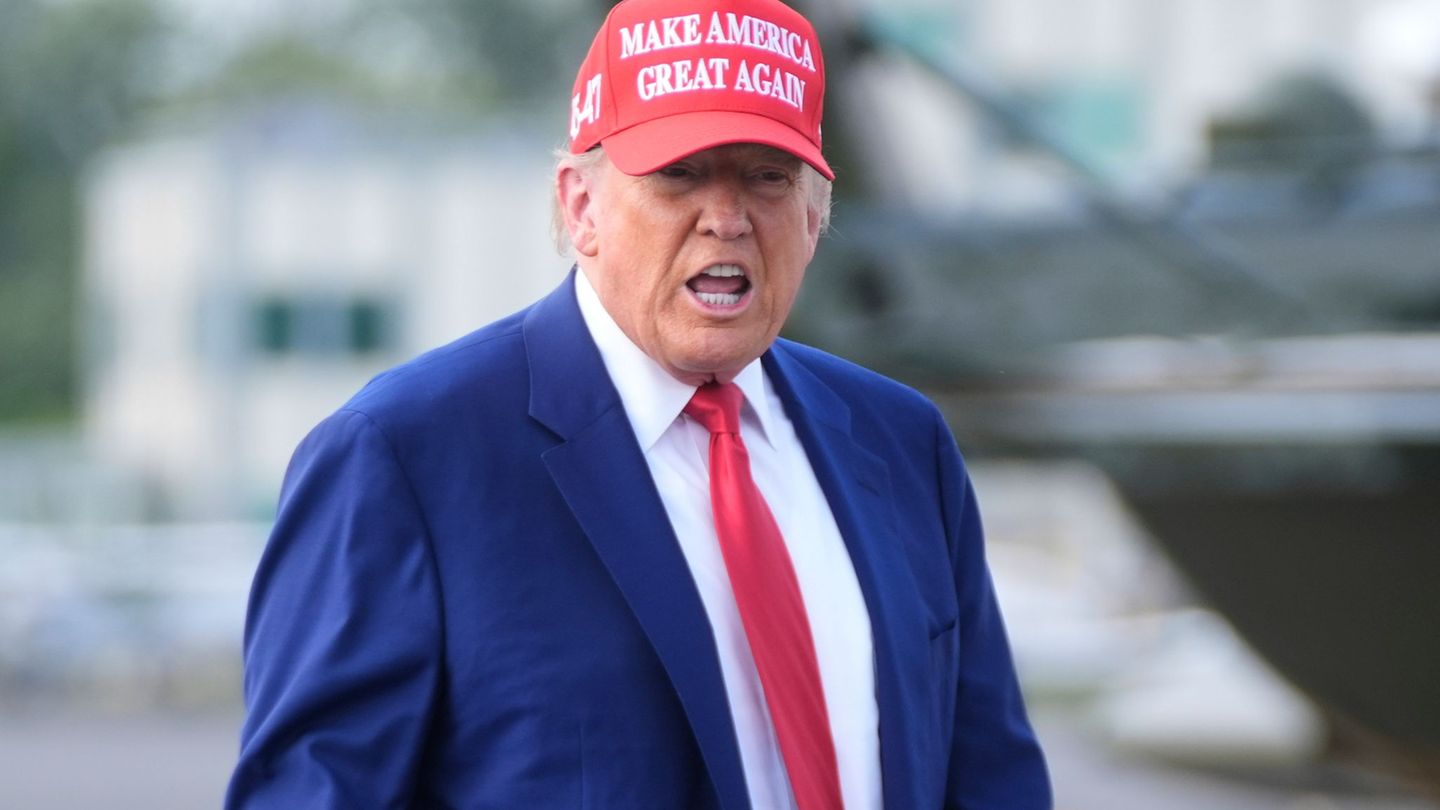I have been working in the news industry for over 6 years, first as a reporter and now as an editor. I have covered politics extensively, and my work has appeared in major newspapers and online news outlets around the world. In addition to my writing, I also contribute regularly to 24 Hours World.
Menu
War in Middle East: USA attacks of Iran – what you need to know now
Categories
Most Read
Military Service Law: Pistorius: Comprehensive military service deters Russia
October 18, 2025
No Comments
Protest: “No Kings”: Americans take to the streets against Trump
October 18, 2025
No Comments
Protest: Americans are taking to the streets again against Trump
October 18, 2025
No Comments
Driving license: These measures should make it cheaper
October 18, 2025
No Comments
Drone sightings: Large majority in favor of shooting down illegal drones, according to survey
October 18, 2025
No Comments
Latest Posts

Pakistan and Afghanistan sealed an immediate ceasefire after days of border tension
October 19, 2025
No Comments
October 18, 2025 – 22:14 After a week of clashes that left dozens of victims, both governments agreed to a truce in Doha. After a

Demonstrations: “No Kings”: Mass protests against Trump again in the USA
October 19, 2025
No Comments
IvanI have been working in the news industry for over 6 years, first as a reporter and now as an editor. I have covered politics

Due to lower sales in supermarkets, mass consumption fell 4.4% in September
October 18, 2025
No Comments
October 18, 2025 – 20:54 Activity in pharmacies also contracted. In contrast, there was a good performance of e-commerce and independent self-services. Mariano Fuchila After
24 Hours Worlds is a comprehensive source of instant world current affairs, offering up-to-the-minute coverage of breaking news and events from around the globe. With a team of experienced journalists and experts on hand 24/7.

